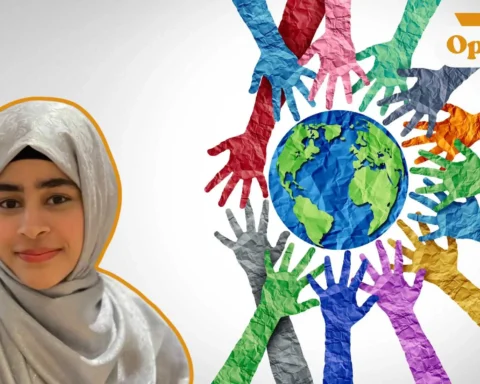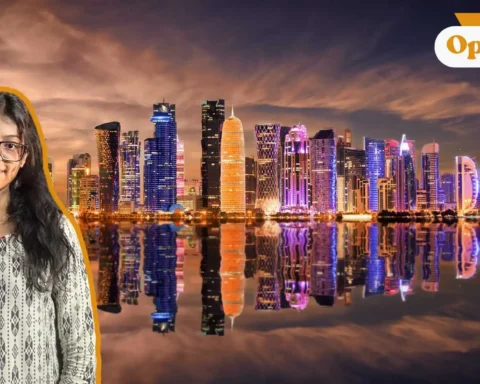"Explore the dynamic interplay between faith, political power, and personal belief, emphasising individuals' diverse roles in this complex societal dance."
In the grand tapestry of human existence, the concept of a "saviour complex" weaves a captivating narrative. It's this notion that some, whether individuals or groups, harbour the belief that they are the chosen ones, the guardians of righteousness, the protectors of the morally destitute. They strut through life with a swagger of moral and ideological superiority, often wielding religion as their tool of choice, dominating their stances in politics or even the occasional WhatsApp groups...we all know the type. It's a heady mix of piety and power, and oh, what a potent intoxicating brew it can be, especially absolute power of politics with no recourse is introduced.
Religion, my friends, has long been a weapon of mass instruction. It's not just about faith and salvation; it's about control. Throughout the annals of history, religious leaders and institutions have exercised a grip on society, shaping its norms, values, and even laws. They've tasted the elixir of power, and like any fine wine, power goes straight to the head, something that was discussed in my podcast with Lord Indarjit Singh on Game Changers.
Religion, too, has etched its mark on morality. It's drawn the boundaries of our perception of right and wrong, defining our ethical compass. But let's not forget that the impact varies. Not all who walk the path of faith feel they can pawn off their moral obligations to some divine fantasy of personal choice. Many grapple with the eternal question of how to balance their faith with the weighty responsibility of living in this chaotic world.
But, and it's a big but, religion has also been a source of division. It's a double-edged sword. Conflicts bred from religious differences have spilt oceans of blood and created chasms between people. Sometimes, religious authorities, in their quest for divine authority, have been more than willing accomplices in these bitter feuds.
Now, don't get me wrong; faith can be a guiding light for many. It offers solace, a moral compass, and a way to find meaning in the often bewildering labyrinth of life. But here's the punch, my fellow wanderers on this strange journey: how do we reconcile this deeply personal faith with the broader moral obligations that come with being part of the human race? And how do we ensure that this mix of political might combined with religious doctrine doesn't plunge the world into deeper chaos?
In many modern societies, the realm of religion is gradually ceding ground. The sepulchre of secularism stands tall, holding the torch of reason and consensus. Some laws, these days, are forged from secular principles, shaped by the people's collective will, and no longer beholden to the pulpit's every decree. Religion and state, once conjoined twins, religion and state are increasingly living separate lives, but not as quickly as needed.
So, where does this leave us? Can we truly subcontract our moral obligations to a fantasy of supposed historical literature? The answer, my friends, is as diverse as humanity itself. It's a dance between faith, power, and personal belief, a complex and ever-evolving gidha in the grand ballroom of human society. In this grand performance, each of us plays a role, whether we're the lead dancer or simply a spectator, watching the drama of belief, power, and the eternal quest for salvation unfold.
In essence, I ask you in the privacy of your mindful dwelling to simply contemplate the intricate relationships between belief, authority, morality, and the ever-evolving societal structures, prompting us to explore the fine balance between personal faith and our shared responsibilities in a world where the pursuit of power, whether through religion or politics, can have profound consequences.
Wisdom goes beyond knowledge; it involves the application of knowledge with discernment and ethical judgment. Let our ethics be guided by the actions of today and not the rhetoric of what we thought was profound some 100, if not 1000, years ago.
Let us know your thoughts in the comment section below. If you have an opinion that you’d want us to publish on our platform, send it over to larra@globalindiannetwork.com.











[…] dance is a captivating artwork that reflects the rich cultural heritage and variety of the Indian […]
[…] complex relationship reflects the stratified nature of apartheid's racial hierarchy and the varying degrees of […]